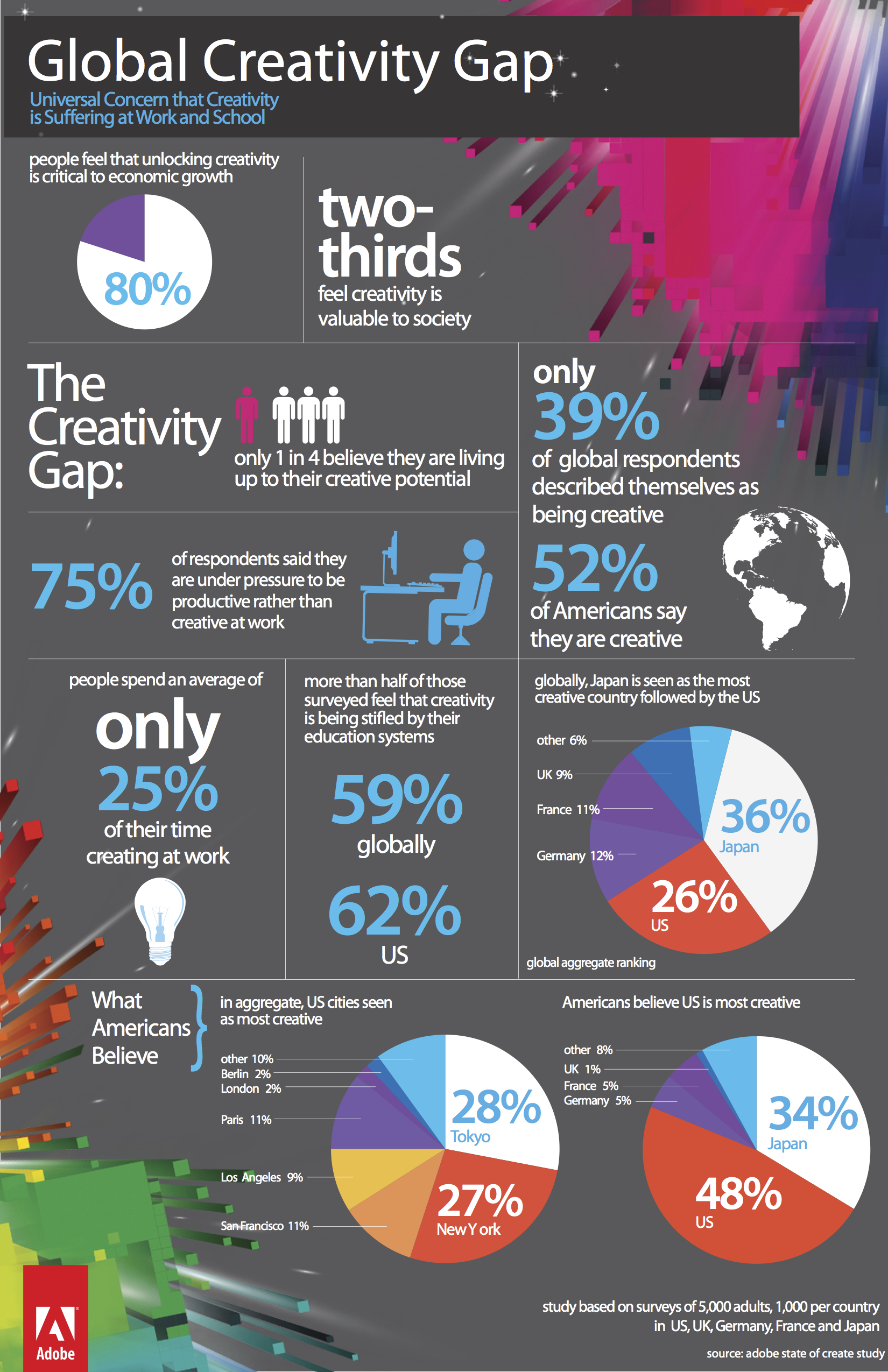After learning japanese and chinese, korean has quite simply been the easiest language i've ever learned, due to the ~60% vocabulary similarity, and near 90% grammar similarity to japanese and chinese.. For me, a native japanese guy, learning chinese characters is just a piece of cake (except for their pronunciations), and the same could be said of chinese people who learn japanese. simplified chinese characters are slightly different from japanese kanji, but this is not a serious problem when learning.. But i started learning japanese after a horrible experience learning french. i had no interest in french and was failing the class, so i decided to study japanese on my own. my self-study was much easier done than when i studied chinese on my own. i can study chinese on my own fine now that i have the basics. japanese just came easier in the.
I agree. i learn chinese and japanese. i reached a great conversational level of japanese, only after i stopped learning the characters and focused on improving my listening comprehension. my japanese skills improved heaps and bounds. chinese and japanese are relatively exotic languages, but the same principle can be applied to romantic languages.. After learning how to speak chinese, when i came over to japan, i found getting around so much easier. i was like, this! this i can read! the more kanji there was, the happier i was. the premise that you shouldn't learn japanese if you're only a tourist could be extrapolated to say if you are a tourist anywhere you never have to learn the. Transcript: hi there, steve kaufmann here. i was asked to do a video, today in fact, about the differences between learning japanese and chinese..

